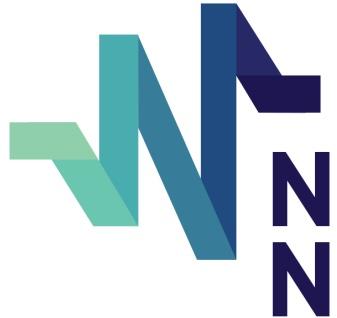So you’ve graduated nursing school, passed your NCLEX, and started your first nursing job. Cue in the student loan payments… Hopefully, you applied for all of the grants, financial aid, and scholarships available and now owe a minimal amount. Too much student loan debt can affect your ability to qualify for other loans, such as a mortgage. If you are currently facing the daunting task of paying off your student loans, here are some ways to take care of them faster and save money along the way.
Refinance Your Student Loans
Refinancing your student loans can help you reduce your monthly payments and save thousands of dollars in interest in the long run. Refinancing means your interest rate will be lowered on your existing loan. It doesn’t cost anything to refinance, but most private loan companies will determine eligibility based on your credit score (typically mid-600s), credit history, debt-to-income ratio, and proof of stable income. US World News lists the best loan refinancing companies to try, including Earnest, Splash Financial, Citizens Bank, Education Loan Finance, and SoFi.
Consolidate
Most federal loans are eligible for federal student loan consolidation. While your interest rate isn’t lowered, this may make payments easier to manage. According to Studentaid.gov, a direct consolidation loan allows you to combine multiple federal loans into one. Loan consolidation can also provide access to additional forgiveness and repayment plans. There is no fee required to consolidate your loans. You may consider consolidating if:
- You are having difficulty making payments
- You are struggling to manage multiple monthly payments
- You have a loan in default
- You want to seek out income-driven repayment plans or are eligible for public service loan forgiveness
When it comes to consolidation, it’s important to weigh the risks and benefits. This approach usually increases the period of time you have to repay your loans, which can result in more payments and higher interest than if you didn’t consolidate.
Public Service Loan Forgiveness
Depending on the type of loan and the date it was taken out, you may be eligible for a full or partial Perkins loan cancellation. Certain full-time nurses may qualify for 100% forgiveness with five years of service. Application for cancelation must be made by the school where the loan originated and more information may be found on Federal Student Aid. Under the Student Loan Forgiveness Program, you will receive full forgiveness for any remaining balance after making 120 monthly payments toward your direct loans. Be sure to research and take advantage of these perks for nurses.
The NHSC Loan Repayment Program
This program is available to nurses working full or part-time at Health Professional Shortage Areas (HPSA) sites. These locations desperately need nurses and are willing to offer amazing benefits.
According to Forget Student Loan Debt, eligibility includes:
- In return for working full time in a qualifying position at a HPSA-designated facility,, you can earn up to $50,000 in forgiveness
- Part-time is eligible for up to $30,000 in forgiveness for the same time allocation (two years of part-time time work)
- After completing your two-year commitment, you may be able to sign up for additional contract extensions until all of your loans are entirely forgiven
- These funds are not taxed
Consider Working for the VA
Veterans Affairs-affiliated nursing positions are eligible for up to $200,000 through the VA’s Debt Reduction Program. Learn more at VA Careers.
Take Action
Now that you have learned several different strategies for reducing student loans, we hope that you feel empowered to make informed decisions around repayment and forgiveness. After all, beginning a career as a nurse is stressful enough without the added worry of managing high amounts of student loans. For more support in this area, check out our personal finance courses.



